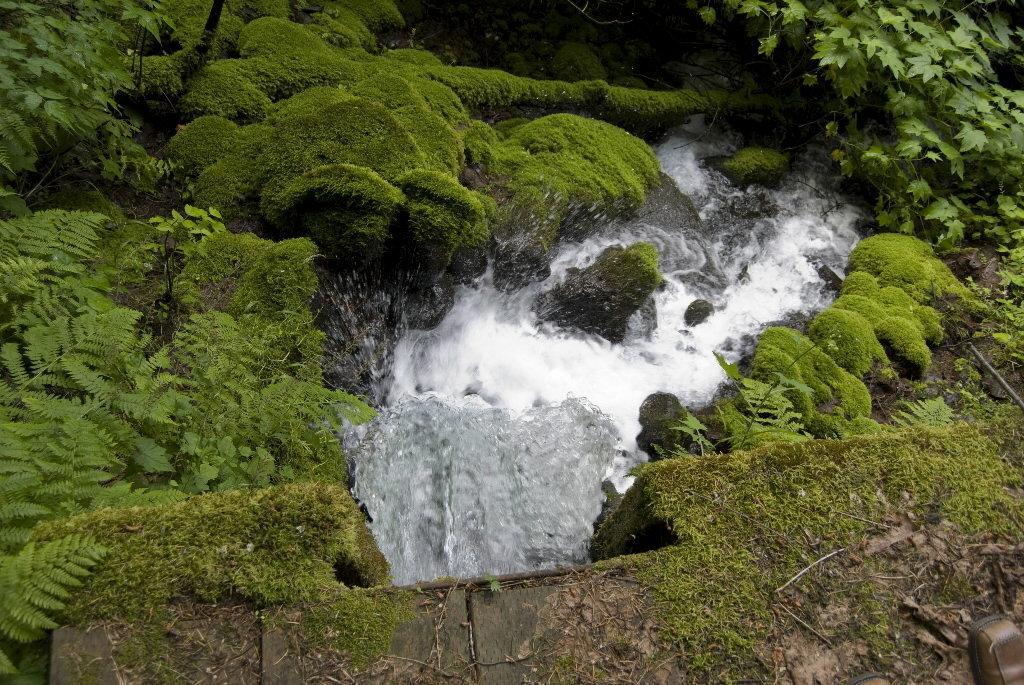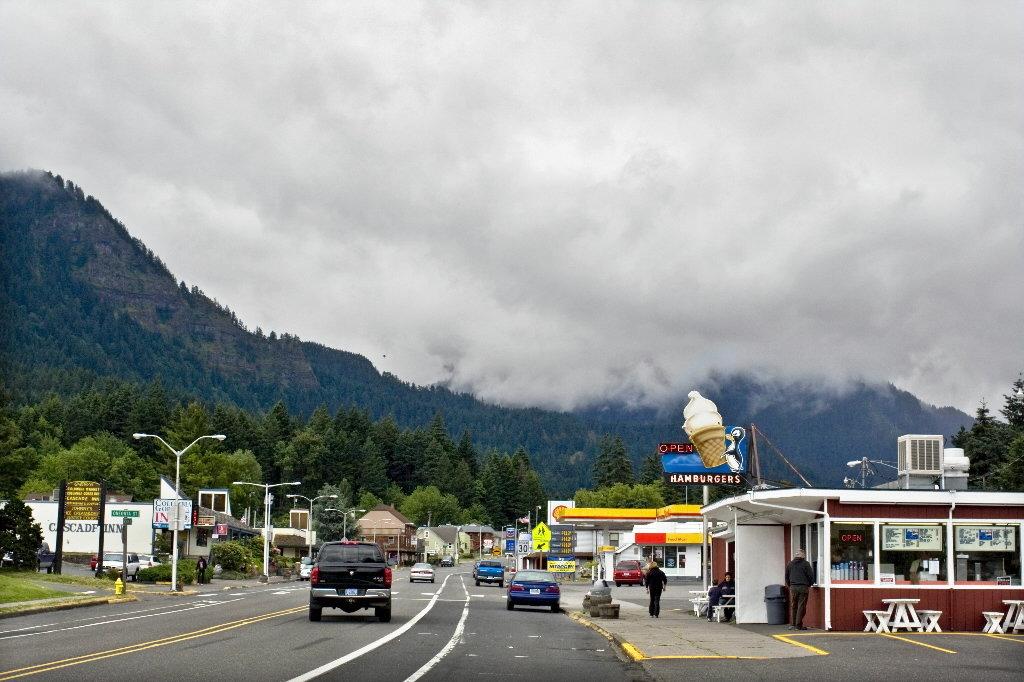By Kelly House | Nov. 6, 2015 | The Oregonian
The Oregon Department of Fish and Wildlife (ODFW) will scrap its latest strategy to free up water for a Nestlé bottled water plant in Cascade Locks, in favor of an approach that lets regulators consider the public impacts of relinquishing water in the midst of a drought.
Oregon Gov. Kate Brown on Friday sent a letter to department director Curt Melcher, asking him to withdraw the agency’s application to trade part of its water right at Oxbow Springs in exchange for an equal portion of Cascade Locks’ municipal water supply.
If the Oregon Water Resources Department (OWRD) approved the trade, Cascade Locks would sell the spring water to Nestlé, which would bottle and sell 100 million gallons annually under the Arrowhead brand.
Rick Swart, a spokesman for the fish and wildlife department, said the agency will comply with Brown’s request.
The proposed water rights swap represented a departure from the strategy city and state officials had previously pursued, in which they would maintain their respective water rights and trade the water itself, drop-for-drop.
Nestlé officials touted the water rights swap as a faster route to the same goal: freeing up water for the company to buy. But the new approach also would have drastically limited the Nestlé opponents’ ability to fight the deal.
While state water regulators must consider the potential public impacts of allowing drop-for-drop water swaps, they have no such obligation pertaining to water rights swaps.
Brown’s spokeswoman, Kristen Grainger, said Friday the governor’s push to foster transparency in state government and her concerns about Oregon’s ongoing drought spurred her to make Friday’s request.
“She thinks it’s really important that proposals that affect a publicly held water right be subject to the review process that offers the greatest opportunity for public involvement,” Grainger said.
The governor also sent a letter to the Oregon Water Resources Commission, asking its members to address the broader issue of how the state should consider requests to relinquish state-held water rights.
It’s unclear how Brown’s new stance could impact Nestlé’s plans to set up shop in Cascade Locks.
David Palais, a spokesman for Nestlé, expressed disappointment about Brown’s request, saying it will “further delay much-needed economic development in Cascade Locks.”
In addition to creating up to 50 jobs, city officials estimate the plant would nearly double Cascade Locks’ annual property tax revenue.
Palais said company representatives will sit down with Cascade Locks city and port officials to “evaluate the impacts” of Brown’s letter.
City officials could not be reached for comment late Friday afternoon.
Controversy erupted soon after the company expressed interest in building a $50 million bottling plant in the small Columbia River Gorge town, but the company’s critics seemed to multiply in recent months.
Leadership from both the Confederated Tribes of Warm Springs and the Confederated Tribes of the Umatilla Indian Reservation told Brown they had concerns about the state’s approach to the deal, and a local group has been gathering signatures for a ballot measure to ban large water bottlers in Hood River County.
Chuck Sams, spokesman for the Umatilla tribes, said tribal leaders are concerned about the proposal’s potential to affect tribal treaty fishing rights in the Columbia River.
Water from the springs feeds Herman Creek, a critical coldwater refuge for salmon when the Columbia River gets dangerously hot.
“Our concern is that there would be enough water still being sent down through to ensure the salmon are protected,” Sams said. “We don’t have that info yet.”
Opponents of the Nestlé deal called Brown’s letters a positive step, but said they still hope to see her take a formal stance on whether Nestlé should set up shop in Cascade Locks.
“It’s heartening to see the governor at least require a higher level of review of this,” said Julia DeGraw, a spokeswoman for Food and Water Watch, “but ultimately we’d still like to see her come out in opposition.”
State fish and wildlife leaders began pursuing the water swap in 2010, under orders from then-Gov. Ted Kulongoski. Since Kulongoski left office, Nestlé’s opponents have been calling upon the sitting governor to reverse those orders.
Until Friday, Brown had declined to weigh in on the Nestlé debate, saying it was a local issue.
Grainger said the governor still believes local officials should decide whether to welcome the plant, but decisions regarding the use of state water should allow opportunity for the public to weigh in.
“We’re coming off the worst wildfire season in recent memory and dealing with growing water scarcity, and the lowest snowpack we’ve seen since the 1890s,” Grainger said. “She thinks it’s really important.”
This article originally appeared in the Nov. 6, 2015, issue of The Oregonian.


